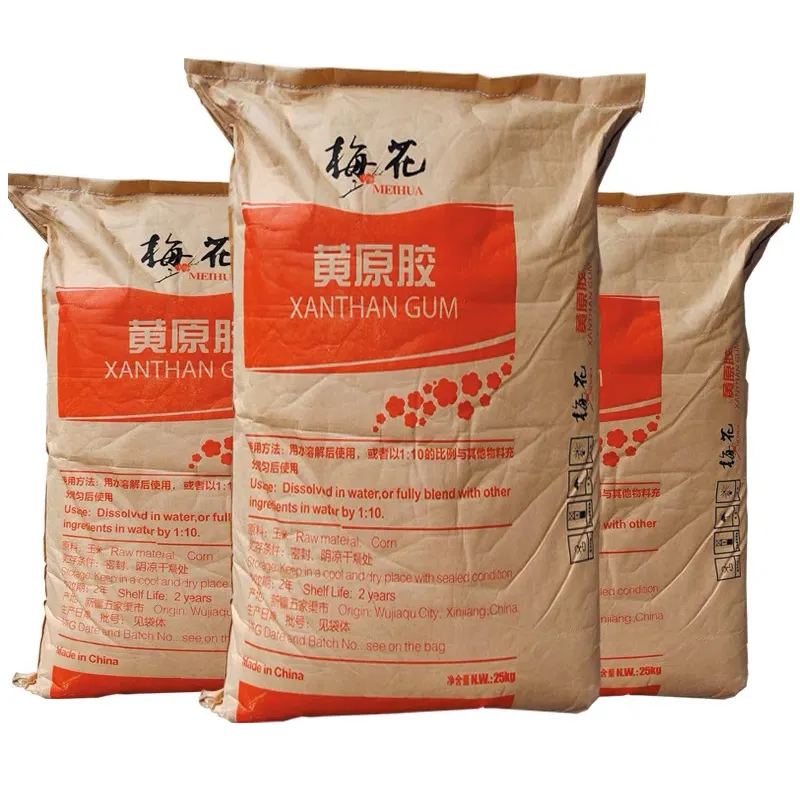Warning: Undefined array key "title" in /home/www/wwwroot/HTML/www.exportstart.com/wp-content/themes/1198/header.php on line 6
Warning: Undefined array key "file" in /home/www/wwwroot/HTML/www.exportstart.com/wp-content/themes/1198/header.php on line 7
Warning: Undefined array key "title" in /home/www/wwwroot/HTML/www.exportstart.com/wp-content/themes/1198/header.php on line 7
Warning: Undefined array key "title" in /home/www/wwwroot/HTML/www.exportstart.com/wp-content/themes/1198/header.php on line 7
- Afrikaans
- Albanian
- Amharic
- Arabic
- Armenian
- Azerbaijani
- Basque
- Belarusian
- Bengali
- Bosnian
- Bulgarian
- Catalan
- Cebuano
- China
- China (Taiwan)
- Corsican
- Croatian
- Czech
- Danish
- Dutch
- English
- Esperanto
- Estonian
- Finnish
- French
- Frisian
- Galician
- Georgian
- German
- Greek
- Gujarati
- Haitian Creole
- hausa
- hawaiian
- Hebrew
- Hindi
- Miao
- Hungarian
- Icelandic
- igbo
- Indonesian
- irish
- Italian
- Japanese
- Javanese
- Kannada
- kazakh
- Khmer
- Rwandese
- Korean
- Kurdish
- Kyrgyz
- Lao
- Latin
- Latvian
- Lithuanian
- Luxembourgish
- Macedonian
- Malgashi
- Malay
- Malayalam
- Maltese
- Maori
- Marathi
- Mongolian
- Myanmar
- Nepali
- Norwegian
- Norwegian
- Occitan
- Pashto
- Persian
- Polish
- Portuguese
- Punjabi
- Romanian
- Russian
- Samoan
- Scottish Gaelic
- Serbian
- Sesotho
- Shona
- Sindhi
- Sinhala
- Slovak
- Slovenian
- Somali
- Spanish
- Sundanese
- Swahili
- Swedish
- Tagalog
- Tajik
- Tamil
- Tatar
- Telugu
- Thai
- Turkish
- Turkmen
- Ukrainian
- Urdu
- Uighur
- Uzbek
- Vietnamese
- Welsh
- Bantu
- Yiddish
- Yoruba
- Zulu
Јул . 27, 2024 13:01 Back to list
Understanding the Key Facts About Aspartame and Its Effects on Health and Nutrition
Aspartame Facts and Considerations
Aspartame is a low-calorie artificial sweetener that has been a topic of considerable debate since its introduction in the 1980s. It is commonly found in a variety of products, including diet sodas, sugar-free gum, and many low-calorie food items. Aspartame is approximately 200 times sweeter than sucrose (table sugar), which enables food manufacturers to reduce calorie content while maintaining a sweet taste.
Composition and Safety
Chemically, aspartame is composed of two amino acids aspartic acid and phenylalanine, along with a methyl ester. When consumed, aspartame is broken down into its constituent parts, which the body metabolizes similarly to the amino acids obtained from protein sources. This breakdown releases small amounts of methanol, which is also present in many fruits and vegetables. Regulatory bodies, including the Food and Drug Administration (FDA), the European Food Safety Authority (EFSA), and the World Health Organization (WHO), have deemed aspartame safe for human consumption within established acceptable daily intake (ADI) limits.
Health Concerns
Despite the endorsements from regulatory agencies, aspartame has faced scrutiny and skepticism, particularly regarding its potential health effects. Some individuals have reported adverse reactions to aspartame, such as headaches, dizziness, gastrointestinal issues, and allergic responses. However, extensive scientific research has not conclusively linked aspartame to serious health risks for the general population.
One of the most significant concerns surrounding aspartame is its phenylalanine component. Individuals with a rare genetic disorder known as phenylketonuria (PKU) cannot metabolize phenylalanine effectively, leading to potentially harmful accumulations. Consequently, products containing aspartame must carry a warning label for those with this condition.
aspartame facts

Aspartame and Weight Management
Aspartame has gained popularity among individuals looking to manage their weight or reduce sugar intake. These sweeteners can provide a sweet taste without the associated calories, making them appealing alternatives in weight management strategies. The use of aspartame in diet products could contribute to reduced caloric consumption, potentially aiding in weight loss for some individuals.
However, recent studies have raised questions about the effectiveness of artificial sweeteners in weight management. Some research suggests that consuming sweeteners like aspartame might not lead to weight loss as intended and could even contribute to weight gain in certain populations. This phenomenon might be linked to increased cravings for sweet foods or psychological factors, such as a license to indulge mentality.
Conclusion
Aspartame remains one of the most researched food additives in history, with a robust body of evidence supporting its safety for the general population. While it provides a viable option for sugar substitution, particularly for those managing caloric intake, individual responses to aspartame can vary. People should consider their preferences and health needs when incorporating aspartame into their diet.
As scientific understanding continues to evolve, it is essential to remain informed about the potential benefits and concerns associated with aspartame. For most individuals, moderate consumption is generally considered safe, but those with specific concerns or health conditions should seek tailored advice from healthcare professionals. As with all dietary choices, moderation and informed decision-making are crucial in navigating the complexities of nutrition.
Latest news
-
Xanthan Gum Replacement and Powder Insights
NewsJun.06,2025
-
Exploring SLES 70 in Depth
NewsJun.06,2025
-
E1520 Propylene Glycol Uses and Consumption Patterns
NewsJun.06,2025
-
Diethanolamine Multifaceted Uses and Role in Shampoo Formulations
NewsJun.06,2025
-
Caprolactam to Nylon Chemistry and Industry Insights
NewsJun.06,2025
-
Adipic Acid Molecular Weight Significance and Supplier Impact
NewsJun.06,2025

